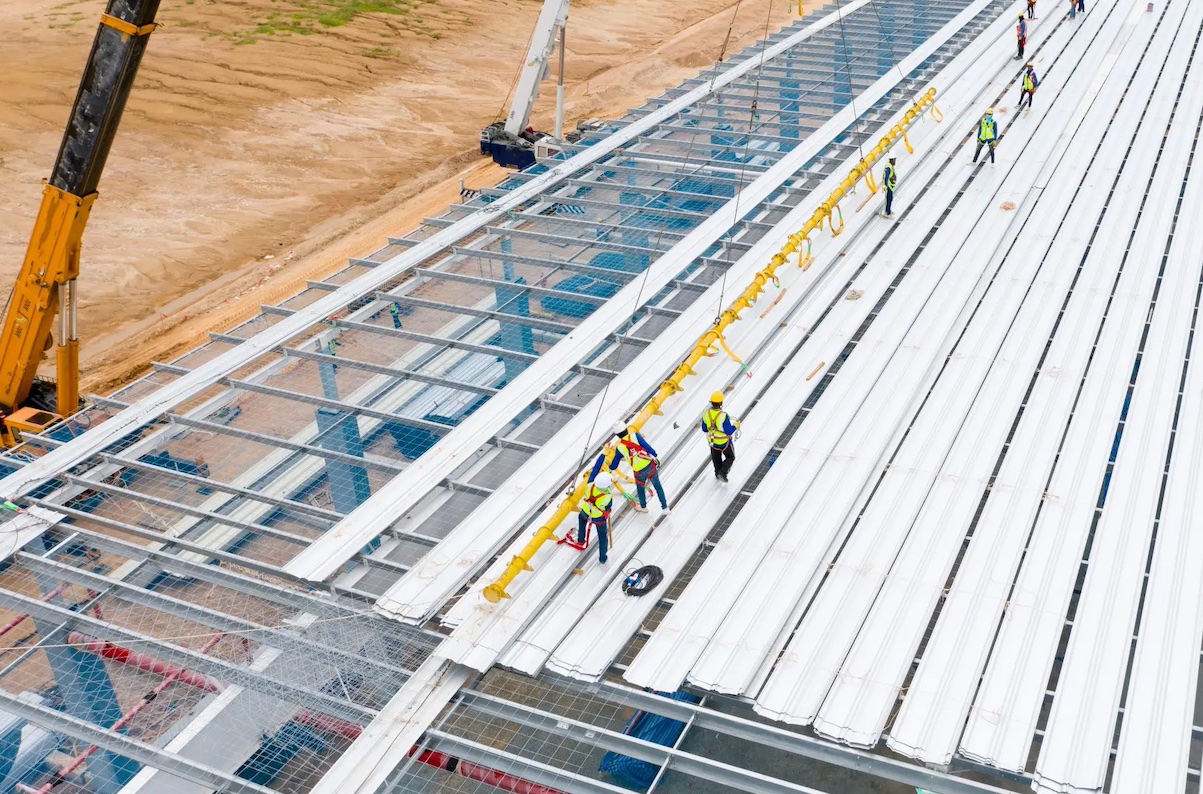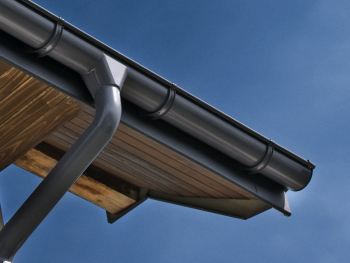Selecting the appropriate roofing material for your commercial building is a crucial decision that can impact your business's longevity, energy efficiency, and maintenance costs. With a variety of options available on the market, it's essential to consider factors such as durability, cost-effectiveness, and aesthetic appeal when choosing the right material for your business's roof. In this guide, we'll explore some of the most common commercial roofing materials and help you make an informed decision that meets your business's needs.
1. Built-Up Roofing (BUR):
Built-up roofing, also known as tar and gravel roofing, consists of multiple layers of asphalt and reinforcing fabrics topped with gravel or mineral granules. BUR roofs are known for their durability and resistance to UV rays and harsh weather conditions. They are a popular choice for flat or low-slope commercial roofs and offer excellent waterproofing properties.
2. Metal Roofing:
Metal roofing is a versatile and long-lasting option for commercial buildings. Available in a variety of materials, including steel, aluminum, and copper, metal roofs offer durability, energy efficiency, and low maintenance requirements. They are resistant to fire, rot, and insect damage, making them an excellent choice for businesses seeking a long-term roofing solution.
3. Single-Ply Membrane Roofing:
Single-ply membrane roofing systems, such as TPO (thermoplastic polyolefin) and EPDM (ethylene propylene diene terpolymer), offer lightweight, flexible, and cost-effective roofing solutions for commercial buildings. These membranes are highly resistant to UV radiation, chemicals, and punctures, making them ideal for flat or low-slope roofs.
4. Modified Bitumen Roofing:
Modified bitumen roofing is a type of asphalt roofing membrane that incorporates modifiers such as rubber or plastic to enhance flexibility, durability, and weather resistance. It is installed in multiple layers and is suitable for both new construction and roof replacement projects. Modified bitumen roofs offer excellent waterproofing capabilities and can withstand extreme temperatures and weather conditions.
5. Green Roofing:
Green roofing systems, also known as vegetative or eco-roofs, consist of a waterproof membrane, drainage system, and vegetation layer planted on top of the roof surface. Green roofs provide numerous environmental benefits, including improved insulation, reduced urban heat island effect, and stormwater management. While they require a higher initial investment, green roofs can lower energy costs and extend the lifespan of the roof membrane.
Factors to Consider:
When choosing the right commercial roofing material for your business, consider the following factors:
- Climate and weather conditions
- Building structure and design
- Budget and cost-effectiveness
- Energy efficiency and sustainability goals
- Maintenance requirements and lifecycle costs
- Building codes and regulations
By carefully evaluating these factors and consulting with a qualified roofing contractor, you can select the right commercial roofing material that meets your business's needs and provides long-term protection and value.
Choosing the right commercial roofing material is a critical decision that requires careful consideration of various factors. Whether you opt for traditional options like built-up roofing and metal roofing or innovative solutions like single-ply membranes and green roofing systems, selecting the right material can enhance your business's performance, sustainability, and resilience against the elements. Contact a reputable roofing contractor to discuss your options and ensure a successful roofing project for your business.




